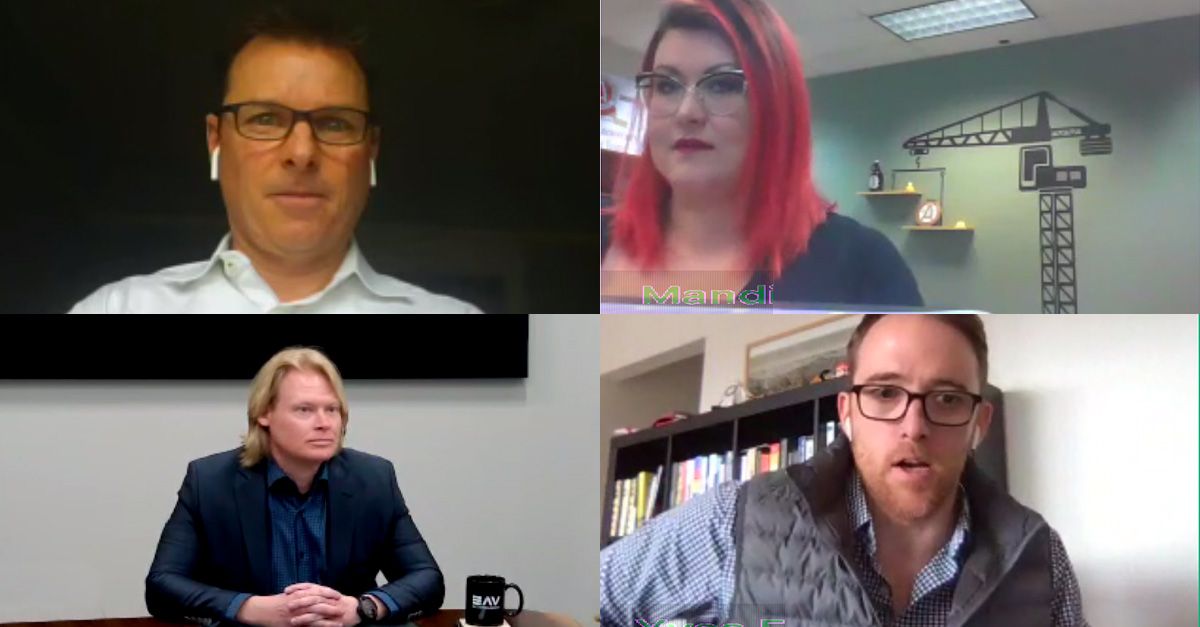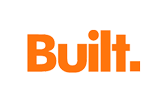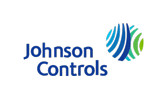COVID-19 & Construction: Town Hall Questions Answered

Thanks to everyone who attended our virtual town hall last week. Our panelists — Tim Pickett, President and Owner of Encompass AV; JD Ahearn, PM, XL Construction; and Mandi Hime, Director of Safety at AGC, Washington State Chapter — addressed many topics regarding COVID-19 and its impact on construction, but we didn’t have time to answer all of the questions submitted during the webinar.
Here are the questions we didn’t get to. Answers are based on responses from panelists as well as recent conversations we’ve had with other construction professionals.
How much productivity are construction teams seeing?
JD (XL Construction): Productivity on my projects has been down by 50%.
Do you see a lot of projects being cancelled? Like retail projects?
Scott Kurinsky, EVP, BEAR Construction: Most contractors are choosing to work. For the most part, knock on wood, we have been pretty fortunate. Most of our clients and contractors have continued letting us work.
If your whole management team is remote and not working in the office how do you convey this to your installers without making them feel that you don't care about them?
JD (XL Construction): We developed protocols and procedures right away and got them out to our clients and trade partners to create some security there. On a daily basis, I’m going through routines of calling up companies and walking them through the things that we’re doing to make our jobsites safe and even bringing in additional staff to go on projects and to wipe down and create clean paths for our people to get in.
Should new home construction jobs be considered as essential? My builders seem to think so. As a small business owner it puts me in a position of putting me and my employees at risk or risk losing contracts. What is your opinion of this or recommendations of how to deal with this?
Scott Kurinsky (BEAR Construction): There is some ambiguity there. They don’t explicitly say that tenant build-outs for a tenant’s conference room downtown Chicago is essential business, but they’re not saying it’s not.
Most workers themselves want to continue to work because they need a paycheck.The ones that do want to interpret it that way or are doing so — I would say about 75% are.
What is the most effective way to keep workers and public safe as we can potentially only see symptoms of COVID-19 after 14 days of contamination?
Mandi (AGC Washington): We’re seeing companies ramp up the servicing of restroom facilities, getting those serviced way more frequently. Where before once a week was sufficient, now they should be serviced daily.
We also suggest on-site health checks, staggering shifts, and relocating materials to avoid spatial bottlenecks that could put workers in close contact with each other.

 Natalie Mackay •
Natalie Mackay • 
















